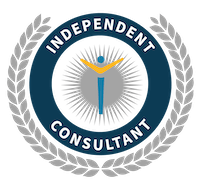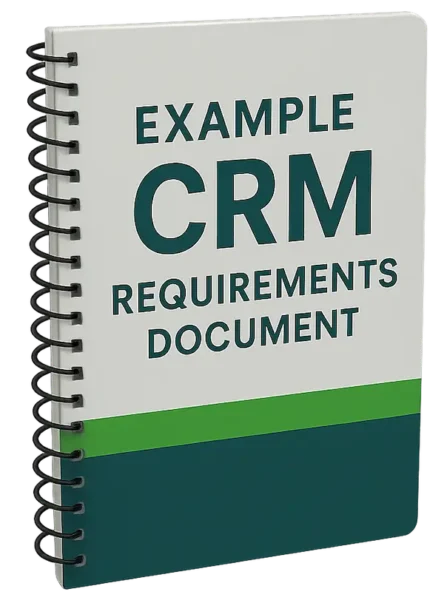 If your company is considering switching to a new CRM and is looking into the various vendors, here are a few questions that you can ask yourself (and the vendors) as you go through your buying process.
If your company is considering switching to a new CRM and is looking into the various vendors, here are a few questions that you can ask yourself (and the vendors) as you go through your buying process.
Is the CRM vendor an innovator or a follower?
Is the vendor driving change in the industry, or are they playing catchup? A vendor that’s ahead of the curve will likely provide more overall value by keeping pace with the rapidly changing technology landscape.
Can the CRM system be accessed from all common browsers and devices?
Closely related to the first question is whether the CRM system works with all popular browsers and devices. It’s not uncommon for a salesperson, for example, to have a laptop, an iPad and a smartphone. Three devices can easily represent three different browsers and users increasingly want or expect access from any device.
Is CRM a major focus for the vendor?
As with many industries, focus is important for CRM providers. If a vendor’s business is built completely or to a high degree around CRM, this translates into many different benefits to its clients. If CRM is part of a relatively small business unit or is bolt-on functionality to another system, such as ERP, further investigation is warranted.
Does the CRM integrate with more than just Outlook email?
While Outlook continues to command a high percentage of the corporate email market, there are plenty of other email clients if you include email clients on mobile devices such as iPad. Does the vendor offer a solution that allows for attaching sent and received emails, in any email client, to CRM contact records?
How can the CRM be integrated with other cloud solutions or with legacy applications?
Different systems provide different ways of integrating data with other systems. Does the vendor have a mature API into which they have invested a lot of R&D dollars, or is the API still a work in progress?
What is the long term viability of the vendor?
Is the vendor a startup or an established, public company? Will a smaller vendor end up getting acquired by a larger company and end up representing a tiny slice of the acquiring company’s revenue? If so, what would that mean for you as a customer?
What are the biggest sellers among the vendor’s third party product eco-system?
Most CRM applications have a third party product ecosystem. What are some of the top products in that ecosystem and what are customers saying about them? There may be a highly rated application or applications that are well suited to your business. If so, should these apps factor into your decision making process?
What’s the vendor’s social media strategy for its product?
Social media is here to stay and is being increasingly adopted by companies as a way to drive traffic and as a mode of communication. What are the vendor’s plans in the social networking space?
What does the vendor have in place for data security, redundancy and disaster recovery?
If you go with an on-premises system, you’re, of course, responsible for your own backups. If you’re considering cloud solutions, what does the vendor’s infrastructure look like and what are their failover plans?
How easy is the system to adopt and what are the training options?
Almost all CRM systems are relatively easy to use. But, how adoptable is the system — meaning, how willing will staff be to use it? What are the ongoing training options, both paid and free?
These are just a few of the areas to ponder as you evaluate different CRM vendors.



